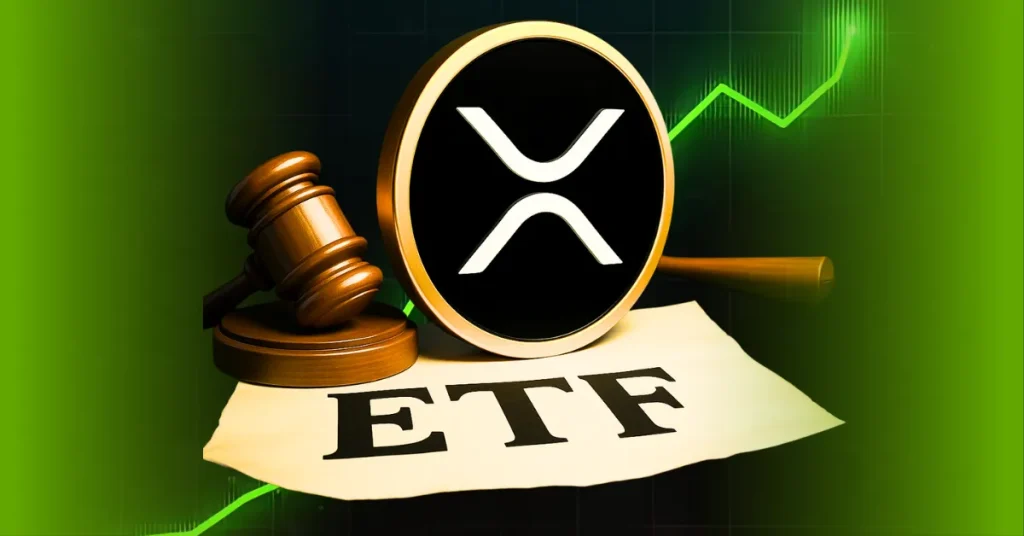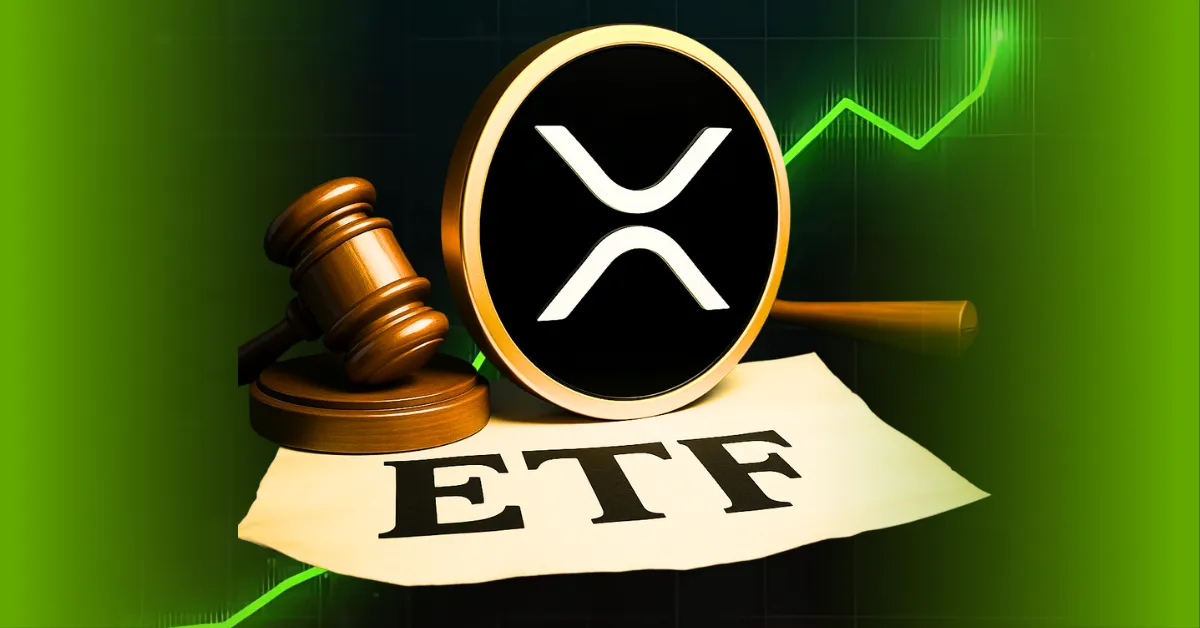
The Ripple vs. SEC legal battle has been a defining saga in the cryptocurrency world, with far-reaching implications for the industry. The latest twist in the case—Judge Analisa Torres’ refusal to issue an “indicative ruling”—has left both legal spectators and crypto investors in a state of uncertainty. This decision has raised critical questions about the future of XRP, the prospects of an XRP exchange-traded fund (ETF), and the broader impact on the crypto market.
The Legal Maze: Ripple vs. SEC
The legal battle between Ripple Labs and the U.S. Securities and Exchange Commission (SEC) has been ongoing since December 2020. The SEC alleges that Ripple’s $1.3 billion offering of XRP tokens constituted an unregistered securities sale, violating U.S. securities law. Ripple, on the other hand, argues that XRP is a digital currency, not a security. After three years of legal proceedings, Judge Torres handed Ripple a partial win in July 2023, ruling that XRP is not a security when sold on public exchanges but that some direct institutional sales violated securities laws.
Despite this partial victory, the case remains unresolved. Both parties have been engaged in settlement discussions, with the SEC reportedly willing to reduce its proposed penalty from $125 million to $50 million. However, Judge Torres’ recent refusal to issue an “indicative ruling” has left the parties in a procedural limbo. This decision means that neither party will receive an expedited settlement or clarity on the case’s outcome.
The Impact on the XRP ETF Pipeline
The ongoing legal uncertainty has significant implications for the prospects of an XRP ETF in the United States. Exchange-traded funds tied to spot cryptocurrencies have become increasingly popular, with asset managers rushing to launch Bitcoin and Ethereum ETFs. XRP, with its massive market cap and liquidity, is a natural candidate for an ETF. However, the SEC’s legal battle with Ripple has created a regulatory logjam that is preventing the approval of any XRP ETFs.
The SEC’s control over ETF approvals means that it can withhold or delay any ETF tied to XRP until there is regulatory clarity. This uncertainty has led to a chain reaction of delays and postponements. For example, the Franklin Templeton XRP ETF faces a decision deadline of June 17, 2025, but legal experts now expect a final ETF ruling to slip into August or later.
The Broader Implications
The Ripple vs. SEC case is not just about XRP or Ripple; it is a proxy for the larger struggle between regulators and digital finance innovators. The outcome of this case will set a precedent for how the SEC approaches future crypto securities cases. A too-draconian or too-lenient resolution could spark more litigation or congressional intervention.
For Ripple and XRP holders, the short-term impact of the legal uncertainty is more volatility and caution among investors. However, once the case is resolved, there is likely to be a resurgence in institutional interest and a boost in credibility for Ripple and its payments technology. For the ETF market, the immediate future remains uncertain, but once the legal fog lifts, expect a rapid sequence of filings and approvals.
Conclusion
The Ripple vs. SEC case is a critical juncture for the cryptocurrency industry. While the recent delay in the case has throttled immediate hopes for a U.S.-listed XRP spot ETF, the finish line is in sight. Legal experts expect meaningful resolution by late summer or fall 2025. When it arrives, it will unlock the next phase for XRP and the broader crypto ETF market. The U.S. may be slow compared to international jurisdictions, but regulatory clarity will eventually come, reshaping the crypto investment landscape. Holders, pundits, and asset managers are watching closely, as the reverberations of the judgment will be felt far and wide.





